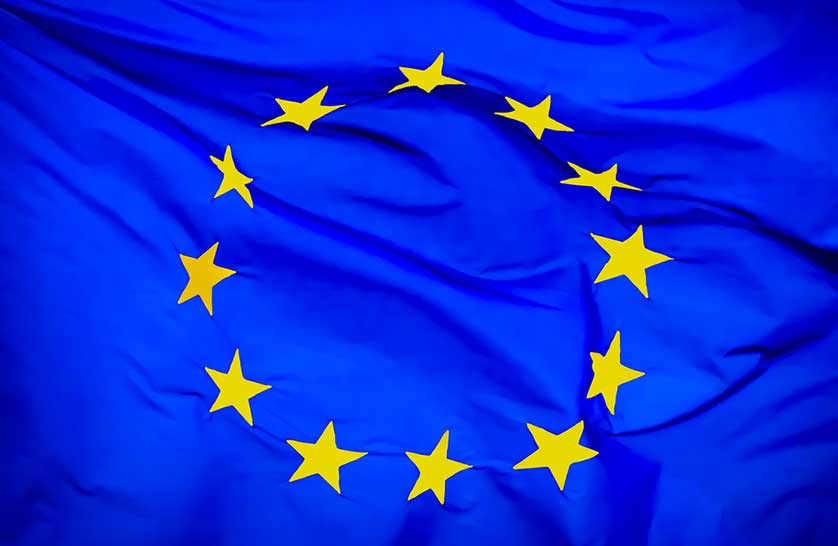THE European Union (EU) has pumped more than $50 million into wildlife conservancies and sugar plantations in Zimbabwe's Lowveld that had been ruined by a chaotic land reform programme.
An EU delegation is currently visiting the Lowveld, the country's sugar cane growing region, which has been mired in controversy for more than a decade following illegal land invasions that disrupted both the sugar estates and the wildlife conservancies.
Ambassadors from the EU member States, together with the EU Ambassador to Zimbabwe, Philippe Van Damme, are assessing "progress and results achieved so far under the EU cooperation with Zimbabwe in the region and to reinforce the understanding of the opportunities and challenges in the south east Lowveld".
The Lowveld, especially the Save Valley Conservancy (SVC), has since the country's 2000 land reform programme been a hot bed of wanton wildlife poaching, which jeopardised international Bilateral Investment Promotion and Protection Agreements (BIPPAs) signed with more than half a dozen governments mainly from the EU.
SVC, the country's biggest privately-owned game park, was created in the mid 1990s and the foreign governments subsequently invested heavily into the park by helping erect a 350 kilometre perimeter game fence, purchasing animals and sinking boreholes, among other things.
A memorandum of understanding between the conservancy, which has about 25 former white commercial cattle ranchers, and the five rural districts of Bikita, Chiredzi, Zaka, Buhera and Chipinge, was also signed in 2000 to reduce conflict created by the physical barrier.
However, soon after 2000, following the countrywide invasion of former white owned commercial farms by indigenous blacks demanding land, the perimeter fence was torn down, allowing the poaching of animals such as the endangered black rhino.
This strained relations between Zimbabwe and the foreign government that sign the BIPPAs.
"Around 33 percent of the land was settled by settler farmers, creating a mosaic of farmland and natural habitat. This scenario makes protecting rhino from poaching far more difficult," says Tusk, an organisation that initiates and funds conservation, community development and environmental education programmes across Africa.
"Simultaneously, there has been a reduction in the effectiveness of, and respect for, the rule of law in the country. Under these circumstances, poaching has surged, and from 2005-2009, SVC lost more than 30 percent of its breeding stock of female black rhino. During 2008 to mid-2009, the rate of loss escalated and 22 black and three white rhino were poached," adds Tusk.
The EU Ambassador, Van Damme, has, however, expressed hope that sanity will prevail as the EU bloc continues to support Zimbabwe.
"We are proud of having been able to support over the past years the people in the south east Lowveld with $14 million in facing their daily challenges and work towards a more prosperous future with projects in agriculture, sustainable livelihood from wildlife, livestock and irrigation," said Van Damme.
In addition, the EU supported the local sugar industry with more than $37 million for out growers to improve infrastructure such as railway and irrigation schemes and increase production capacity.
- fingaz
 Concern over Masvingo black market
Concern over Masvingo black market  Kenya declares three days of mourning for Mugabe
Kenya declares three days of mourning for Mugabe  UK's Boris Johnson quits over Brexit stretegy
UK's Boris Johnson quits over Brexit stretegy  SecZim licences VFEX
SecZim licences VFEX  Zimbabwe abandons debt relief initiative
Zimbabwe abandons debt relief initiative  European Investment Bank warms up to Zimbabwe
European Investment Bank warms up to Zimbabwe  Young Investment Professional (YIP) Graduate Programme 2019
Young Investment Professional (YIP) Graduate Programme 2019 











 Young Investment Professional (YIP) Graduate Programme 2019
Young Investment Professional (YIP) Graduate Programme 2019
Editor's Pick